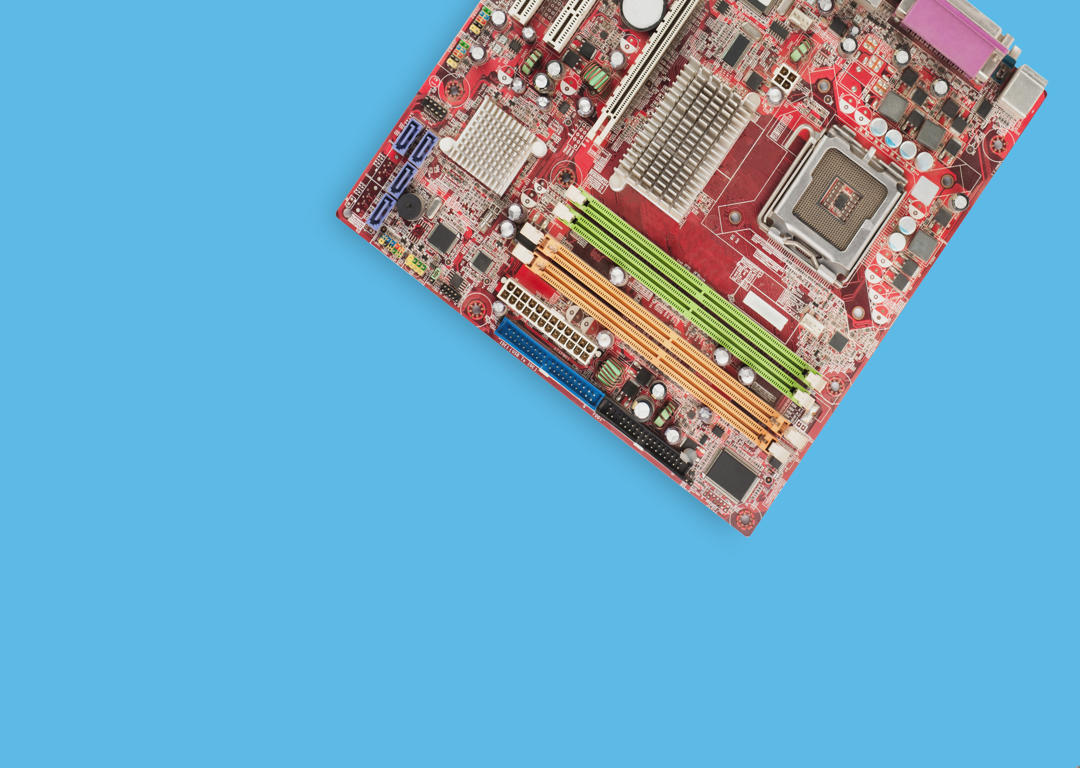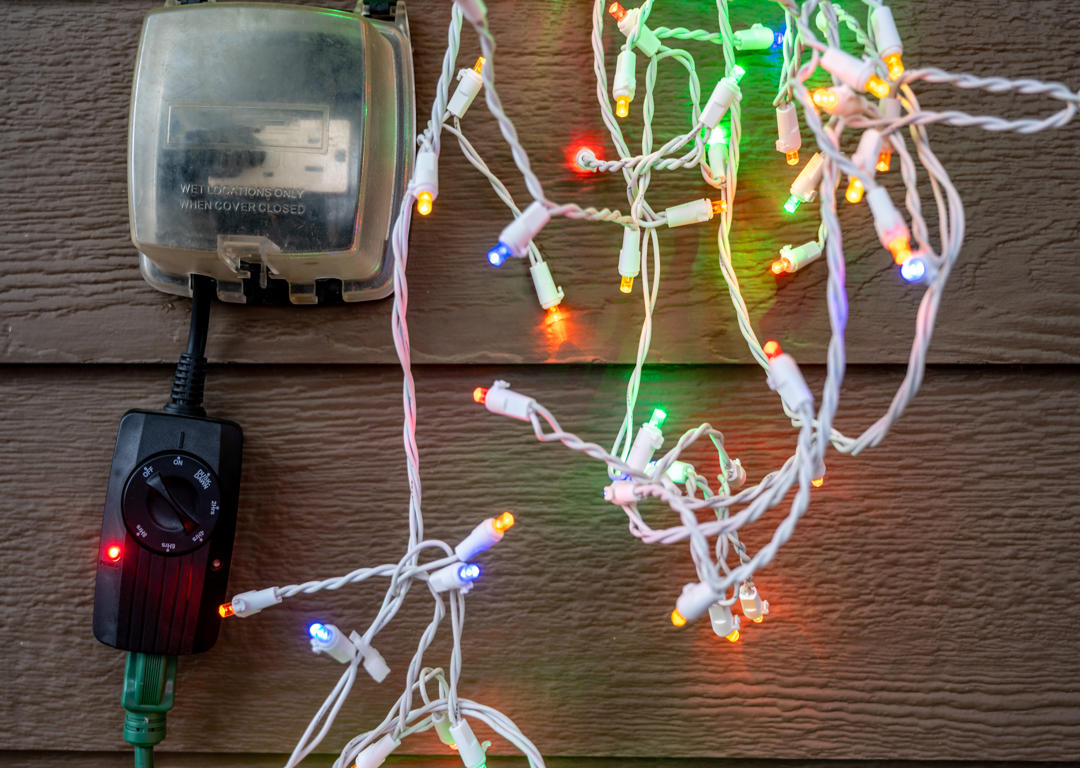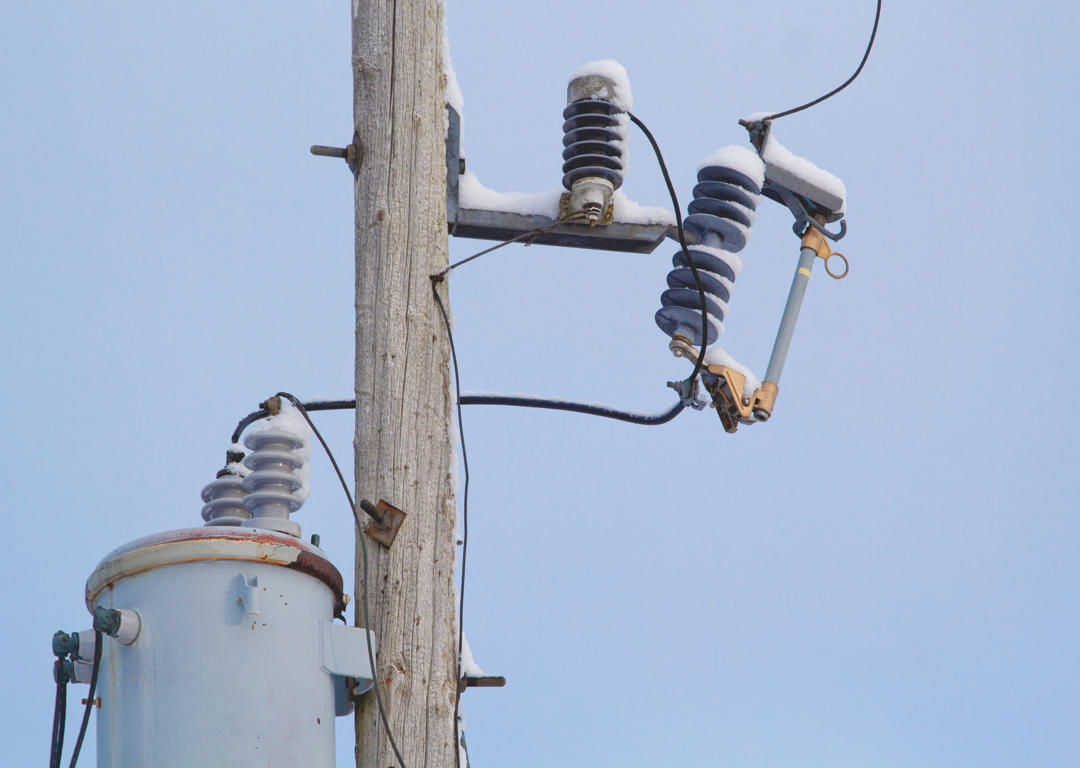
As homes age, so do their electrical systems, which can lead to various issues such as inefficiency, increased energy costs, and safety concerns. Upgrading your home’s electrical system is a significant yet highly beneficial home improvement project. This article explores the advantages of modernizing your home’s electrical system, focusing on four popular sub-topics: safety enhancements, energy efficiency, technological integration, and increased home value.
Safety Enhancements
One of the most compelling reasons to upgrade your home’s electrical system is to enhance safety. Older electrical systems may not meet current safety standards, potentially posing risks such as electrical fires, shocks, or other hazards.
Improved Wiring and Circuitry
Modern electrical systems utilize advanced materials and techniques, significantly reducing the risk of electrical fires. Upgrading to new wiring ensures that the insulation is intact and the wires can handle the electrical load of modern appliances. According to the National Fire Protection Association (NFPA), faulty wiring is one of the leading causes of residential fires, accounting for approximately 13% of home fires in the U.S..
Ground Fault Circuit Interrupters (GFCIs)
Upgrading includes installing GFCIs in areas with high moisture levels, such as bathrooms and kitchens. GFCIs are designed to prevent electric shocks by shutting off the power when an imbalance is detected in the current flow. The U.S. Consumer Product Safety Commission (CPSC) reports that GFCIs could prevent more than two-thirds of electrocutions that occur each year in homes.
Surge Protection
Modernizing your electrical system can also involve installing whole-house surge protectors. These devices safeguard your home’s electrical appliances and systems from voltage spikes, often caused by lightning or power surges. This protection is crucial in preventing damage to expensive electronics and appliances.
Energy Efficiency
Upgrading your electrical system can lead to significant improvements in energy efficiency, resulting in lower energy bills and a reduced environmental footprint.
Energy-Efficient Lighting and Appliances
Switching to energy-efficient lighting and appliances is one of the easiest ways to reduce energy consumption. Modern electrical systems are designed to handle the demands of these appliances without overloading circuits. The U.S. Department of Energy states that LED lighting uses at least 75% less energy and lasts up to 25 times longer than incandescent lighting.
Smart Home Integration
Modern electrical systems are compatible with smart home technologies that enhance energy efficiency. Smart thermostats, lighting, and appliances can be programmed to operate only when needed, reducing unnecessary energy consumption. For instance, a smart thermostat can learn your schedule and adjust the temperature accordingly, saving you up to 10% on heating and cooling costs annually.
Energy Monitoring Systems
Upgrading your electrical panel can include installing energy monitoring systems that provide real-time data on your energy usage. This information can help you identify high-consumption devices and areas where energy savings can be achieved, promoting more efficient energy use throughout your home.
Technological Integration
Modernizing your home’s electrical system paves the way for integrating advanced technologies, enhancing your home’s functionality and convenience.
Home Automation Systems
A modern electrical system can support home automation systems, allowing you to control lighting, security, climate, and entertainment systems through a single interface. These systems can be managed remotely via smartphones or tablets, providing convenience and security. The ability to control various systems remotely can also lead to energy savings and improved home security.
Enhanced Electrical Capacity
Older homes were not designed to support the myriad of electronic devices and appliances common in modern households. Upgrading your electrical panel increases your home’s capacity to handle additional circuits, reducing the risk of overloads and ensuring reliable power distribution. This upgrade is particularly important for homes with high-demand appliances such as electric vehicles or home offices with multiple electronic devices.
Integration with Renewable Energy Sources
Modern electrical systems can be designed to integrate with renewable energy sources such as solar panels. This integration not only reduces reliance on grid power but also promotes sustainability. Homes equipped with renewable energy systems can benefit from reduced energy bills and potential tax incentives or rebates.
Increased Home Value
An upgraded electrical system can significantly increase your home’s market value. Prospective buyers are likely to pay a premium for a home with a modern, safe, and efficient electrical system.
Market Appeal
Homes with modern electrical systems are more appealing to potential buyers. Features such as smart home technology, energy efficiency, and enhanced safety are attractive selling points. According to a report by the National Association of Realtors, energy-efficient upgrades, including electrical system improvements, can increase a home’s value by up to 6%.
Compliance with Building Codes
Upgrading your electrical system ensures compliance with current building codes and standards, which is essential for both safety and legal reasons. Non-compliance can lead to issues during home inspections and potentially lower your home’s value. Modern electrical systems are designed to meet or exceed these standards, providing peace of mind to both homeowners and buyers.
Long-Term Investment
Investing in an electrical system upgrade is a long-term investment that pays off in multiple ways. Not only does it improve your home’s safety and efficiency, but it also enhances its overall value. The cost of upgrading is often offset by the increased market value and the savings on energy bills over time.
Personal Experience and Professional Insights
As a homeowner who recently upgraded my home’s electrical system, I can attest to the significant improvements in safety and functionality. Before the upgrade, we experienced frequent circuit breaker trips and had concerns about the outdated wiring. Since the upgrade, our home has become more energy-efficient, and we’ve integrated several smart home devices that have made our daily routines more convenient.
Working with a professional electrician from Genesis 1:3 Electric, the process was smooth and informative. The team provided valuable insights into the latest technologies and ensured that the installation met all safety standards. Their expertise highlighted the importance of using high-quality materials and adhering to modern electrical codes.
Upgrading your home’s electrical system is a crucial home improvement project that offers numerous benefits, from enhanced safety and energy efficiency to technological integration and increased home value. Investing in a modern electrical system not only protects your home and family but also contributes to a more sustainable and efficient living environment.
For homeowners considering an upgrade, consulting with a professional electrician is essential. Companies like Genesis 1:3 Electric specialize in modernizing electrical systems, ensuring that your home is equipped with the latest safety features and technological advancements.






